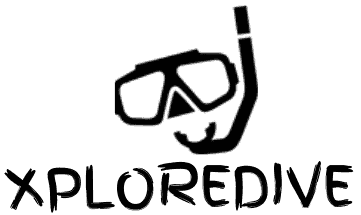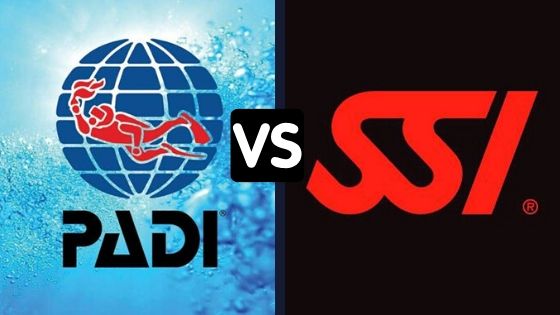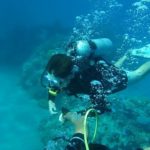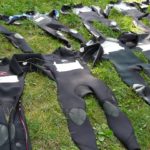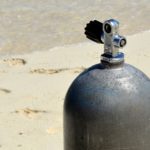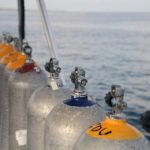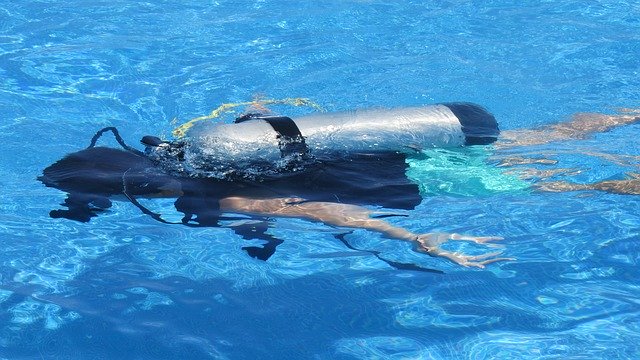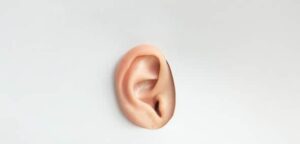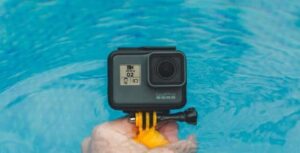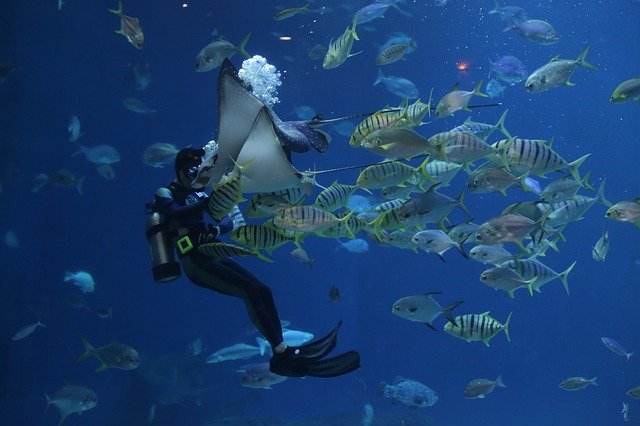
When wanting to learn how to scuba dive, you need to take courses to learn about the dive equipment and about dive safely. Getting scuba certified may seem difficult for those who have not tried scuba diving before.
The first course to take for beginners is called the Open Water Diver certification. This course will teach you how to use the scuba gear safely and will allow you to dive with most dive shops to a depth of 60 feet/18 meters.
If you are planning to get scuba diving certified, then you may find this information below interesting.
Read more on common questions asked by beginner divers
Requirements To Get Scuba Diving Certified
There are three well-known scuba certification bodies that offer courses for scuba diving.
There are also other scuba certification agencies that offer similar courses but they are not as popular. By getting scuba diving certified, you can go diving and get the shops to fill your tanks for you.
If you need to fulfill the following requirements before learn to dive.
Be In Reasonably Good Healthy
This is a requirement for taking the diving course. You need to reasonably good health to go diving such as no heart or lung problems. You will be required to fill out a medical form before starting the course.
And if there are problems you will need a doctor cert to be allowed to dive.
The Swim Test
Another requirement is that you need to be able to swim for about 200 meters. The diving bodies will not pay attention to the strokes you use or the time it will take for you to swim 200 meters.
You will also have to float on the water for around 10 minutes. They don’t limit you with any specific method while you are doing that.
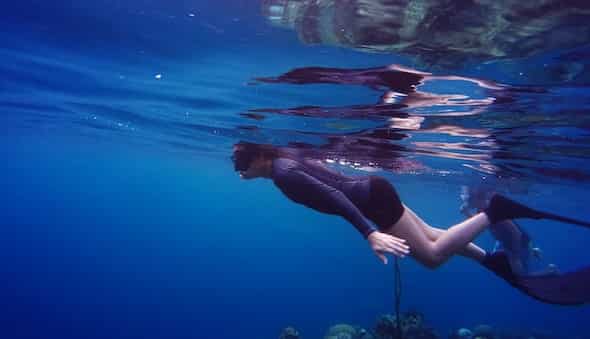
Age Requirement
Age requirement is also applied both for PADI, SSL and NAUI certification agencies. In order to be able to take the course, these agencies will require the participants to at least reach 10 or older.
How Long Does It Take To Get Scuba Certified?
The time you need to complete the scuba diving certified is varied depends on the personal choices. Generally, the training of scuba diving consists of three main parts that participants take must do.
The training consists of written exams, open water dives, book work, and pool training.
- Learn the theory and do the exams.
- Pool training.
- 4 Open water dives.
You have to pass all of the training in order to get scuba diving certified.
The written exams and also literature work can be done by taking an online classroom. It may take from 6 to 15 hours for you to complete and pass the exams. After finishing the theory portion, you will need to learn to start the pool training.
The pool training starts off where you have to complete and practice diving skills required such as removing your diving mask underwater and putting it back on with your dive instructor in the pool.
And lastly this you need to do 4 Open water dives.
You can get scuba diving certified over 2 or 3 days. Or you can take your time and do the theory online. And then whenever it suits you can start the practical.
Is It Hard To Get Scuba Certified?
No, it is not hard as long you are comfortable in the water. It does take practice and time to build up a proficient in using the diving equipment and developing your diving skills and safety procedures.
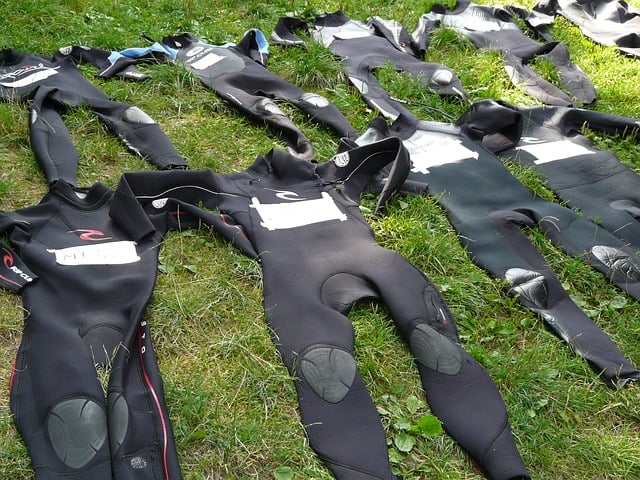
Is Scuba Diving Expensive?
Yes, after funding the scuba diving course, it is then either buying or renting the scuba equipment. Buying all the scuba gear from masks, snorkels, BCD, wetsuit and more can cost between $1000 to $3000 depends if bought second hand or brand new.
Whether to buy the equipment depends on how much diving you are doing and if there is travel involved. It can be easier to rent from the dive shops.
Wrapping Up
Finally, you can do a 2 or 4-day course at a dive shop and complete everything over one long weekend, this is properly the way to get certified. If you do their coursework online before going to the dive shop, which will shorten your training time even further.
And that’s it for now! I’d love to know if this guide on how long does it take to get scuba certified has helped you. Let me know if you have any questions and let me know if there is more to add.
Did you enjoy this post? Then don’t forget to pin it!

